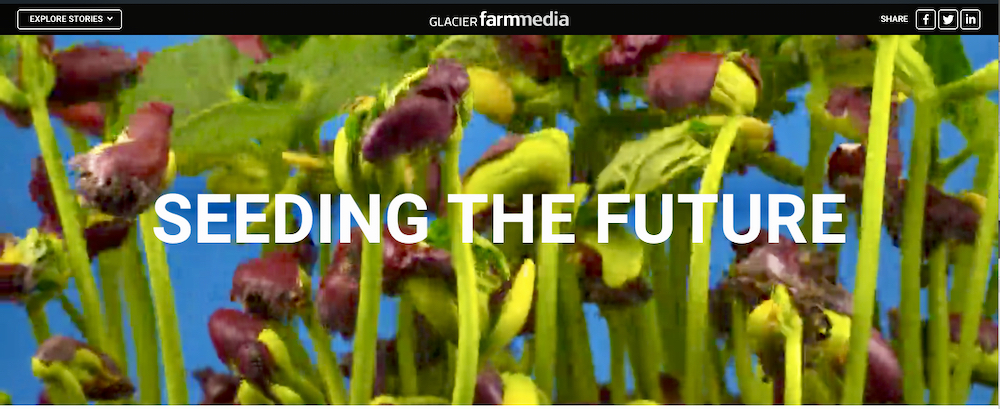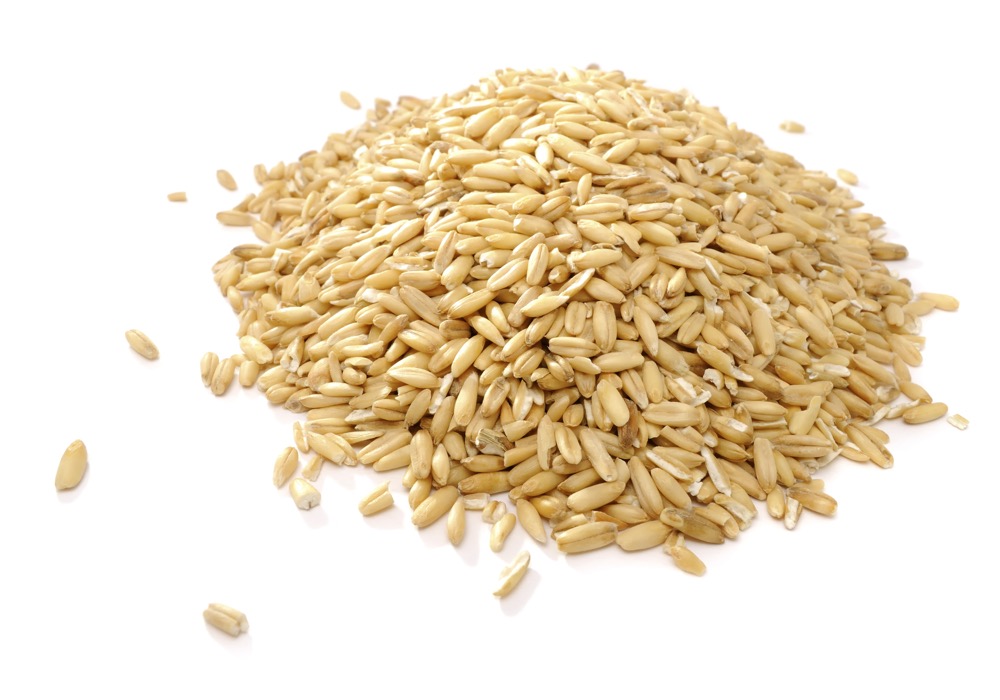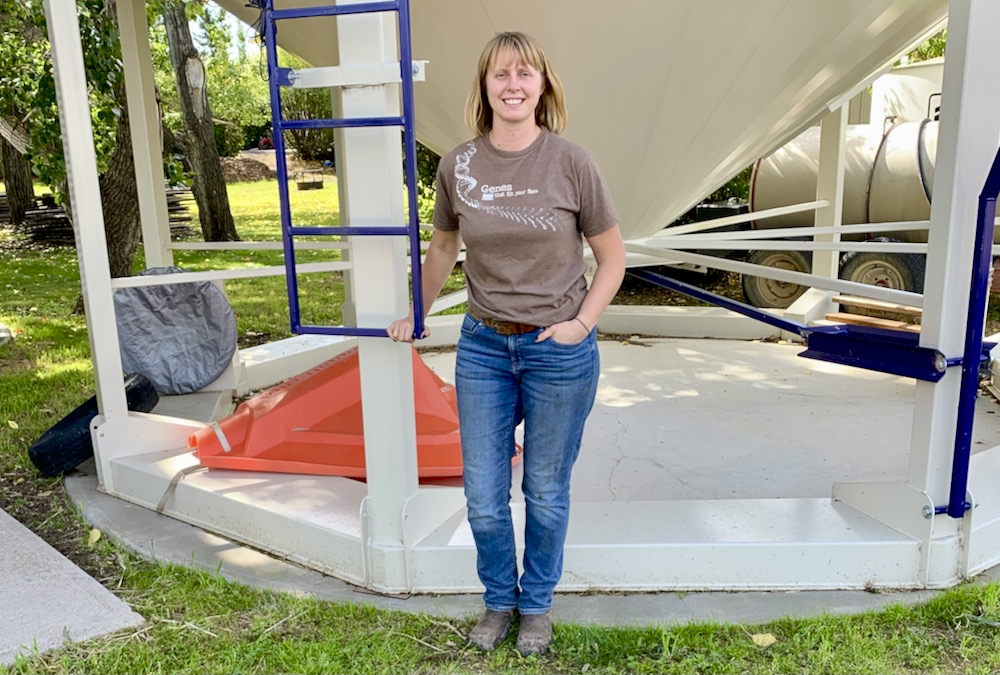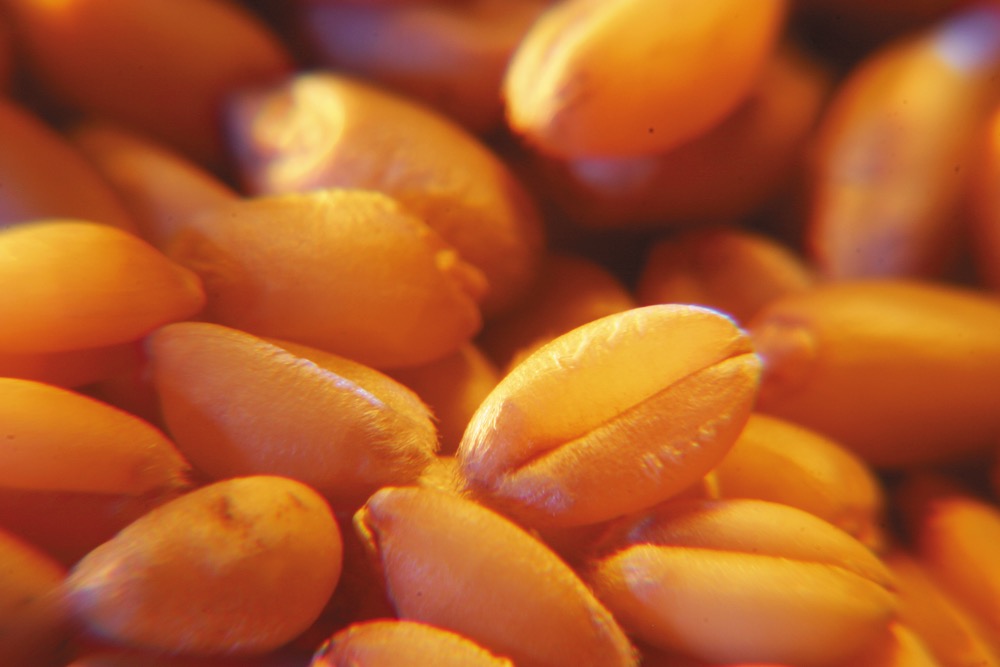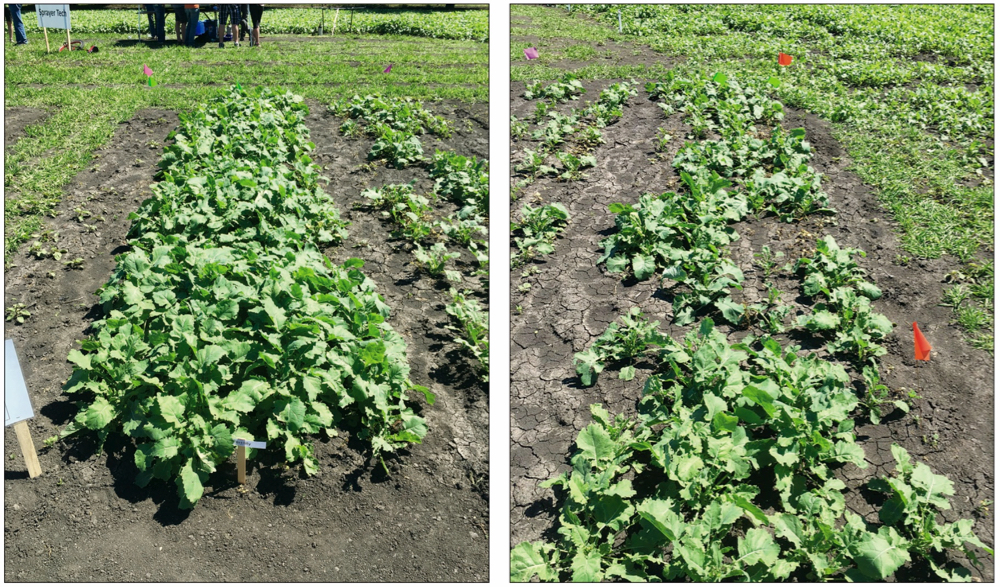Glacier FarmMedia – Canada is in the midst of a “once-in-a-generation” review of its seed regulations, but the “Seed Regulatory Modernization” (SRM) process is revealing old industry fractures.
Animosity appears to be lingering over the “Seed Synergy” process that led to the formation and launch of Seeds Canada in February of this year. That five-year project saw the amalgamation of four groups — Canadian Plant Technology Agency, Commercial Seed Analysts Association of Canada, Canadian Seed Institute and the Canadian Seed Trade Association.
A fifth group, the Canadian Seed Growers Association — whose members are mostly farmers — opted to stay out at the last minute. The decision revealed irreconcilable differences which could affect the current review process.
Read Also
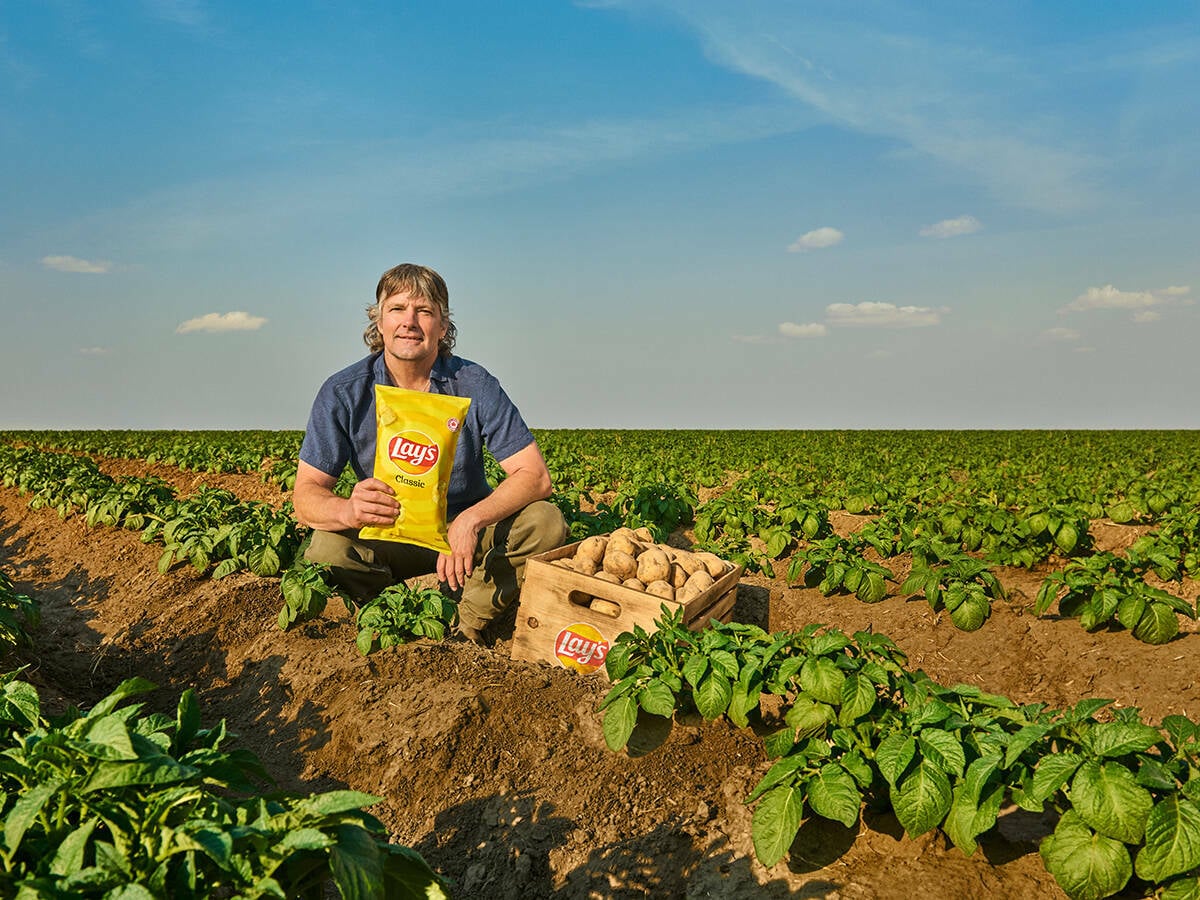
Alberta farmer invited to World Economic Forum
Southern Albertan farmer’s regenerative agricultural practices featured on panels at Davos where nations come together in partnership.
The CSGA ‘monopoly’
For example, before the merger there was industry consensus to make seed certification easier through a single service window. Now Seeds Canada wants to explore removing CSGA’s “monopoly” and perhaps let others certify seed too.
“They’re (CSGA) the ones that not only set the standards, they’re the only approved quality management system for varietal purity,” Seeds Canada’s director of policy Lorne Hadley said in an interview.
“Why that is important is the technology is changing… and there may be new tools that would be appropriate in a quality-management system. But in this service of varietal purity management it’s essentially a monopoly at this point… and that’s part of the challenge.”
One industry observer said Seeds Canada wouldn’t be musing about such a policy had CSGA joined, if for no other reason than that CSGA members would dominate the organization.
Indeed, before the merger vote, an argument for joining Seeds Canada was to influence its direction.
Seeds Canada’s musings were “a stab in the back,” for the CSGA, an industry observer said.
Asked for his reaction, Mike Scheffel, CSGA’s managing director of policy and standards, replied: “Obviously it’s not good.”
The CSGA has the regulatory authority for seed crop certification and varietal purity standards for all crops except potatoes. It’s also responsible for certifying breeder and select seed.
Seeds Canada carries on the seed institute’s role in auditing and authorizing seed establishments that process and store pedigreed seed.
Seeds Canada also represents seed development companies, as well as some seed growers and retailers.
Lofty goals
The Canadian Food Inspection Agency’s Seeds Section is overseeing the review. National manager Wendy Jahn said she sees the potential for “substantive change” that could affect the seed industry, farmers and end-users of the crops.
“We really want to introduce some flexibility and to make changes that keep pace with the advances in the industry,” she said in an interview.
The whole seed system is being scrutinized. The current legislation started with the Seed Control Act in 1905, proclaimed a year after the CSGA was founded.

The act was amended in the 1920s to help protect farmers from unscrupulous seed sellers with measures including variety registration.
There’s been some updating over the years, but the last major review was many years back.
“We haven’t had a holistic look at them for about 30 years now,” Jahn said.
While there’s some common ground on the need for more flexibility, efficiency, transparency and digitization in the seed system, there are differing views on how to achieve it.
Even though the federal government is open to making big changes, it will be informed by the seed industry and farmers first, Jahn said.
“There’s no guarantee that it will happen, but right now we have a once-in-a-generation opportunity to step back and take a holistic look… to ensure that (the regulatory framework and regulations) meet today’s needs,” she said.
“We have signalled that we are open to substantive change, but under the context of hearing from our stakeholder communities and having a balanced process.”
Jahn said her group needs to hear from producers, because as the consumers of seeds, they’ll be affected by any changes. The grain industry is another key stakeholder, because seed quality and availability affects its operations.
Several farm groups are also on the Seed Regulation Modernization Working Group. Jahn said with everyone in the same room, the CFIA hopes to find consensus.
Role refinement
There’s also discussion around the role of government regulation through the CFIA, which administers the Seeds Act, and where the CSGA and Seeds Canada fit in.
Crop certification, which CSGA has done for more than 100 years with government oversight, is a regulatory function, not a normal market, Seeds Canada’s Hadley said.
CSGA’s Scheffel said it’s there to serve the seed industry, and having multiple certification organizations runs counter to the single window of service goal the industry agreed to.
To achieve a “one-stop shop,” CSGA proposes to expand what it already does, taking on some of the CFIA’s day-to-day duties. However, CSGA wants CFIA oversight to remain, Scheffel said.
“During the ‘Seed Synergy’ discussions there was agreement that we have an industry-led, government-enabled seed system.
“We just think this is a really good opportunity for CFIA to step back a little bit, or for the seed sector to step up a little bit and to take charge of its own destiny and assume that responsibility for its own standards and for changes.”
CFIA could then focus more on food safety and animal health.
“We’ve had a partnership with the government for 120 years,” Scheffel said. “We’d like to renew that. We’d like to make it better.”
How much regulation?
But Hadley questions how much regulation is necessary.
“I think from Seeds Canada perspective we want a broader, big-picture discussion about whether regulation is appropriate or if the marketplace can look after it more efficiently because conditions have changed so drastically.”
Regulations cost money and that hurts small and medium-size seed development companies, which are the most likely to bring innovation to farmers, Hadley said. Communications have improved since the 1920s. Farmers are better educated and more sophisticated, and don’t need as much regulatory protection.
“The Seeds Act doesn’t provide consumer protection… It is provided through the commercial market.”
If a farmer has a problem with seed they go to the seller to resolve it, not CFIA, Hadley said. Disputes are usually settled amicably because seed companies want to keep customers.
“If I sell a variety and make a promise that, that variety doesn’t live up to, they (farmers) are going to tweet from the field, using the monitor on their combine, that this is a bad variety.”
The review process hasn’t discussed the main issues yet, Hadley said.
“We haven’t talked about the role of government. How does the market demand get supported by regulation? What needs to be regulated and what needs to be handled through transparency? What is the cost of maintaining the status quo? What is the cost of building on the restrictive system that we have today?”
The working group started meeting in September 2019.
The COVID pandemic caused some delays and the federal election also delayed the release of results on a survey conducted on the seed sector last winter.
If all goes well, farmers will be consulted on possible regulatory changes in the winter of 2022-23, Jahn said.
Click the ‘Seeding the Future’ image below to visit our online portal for a special multimedia report on how seed affects every step of the agricultural journey.
Allan Dawson is a reporter for the Manitoba Co-operator. His article appeared in the Oct. 21, 2021 issue.


